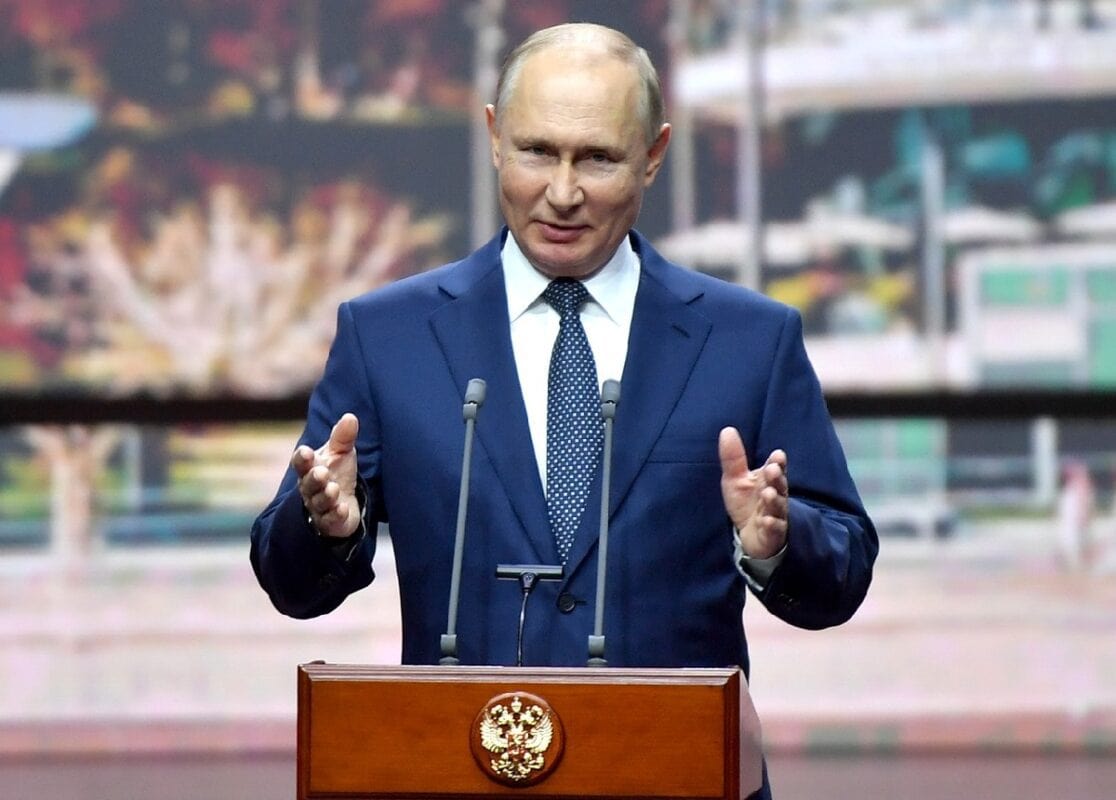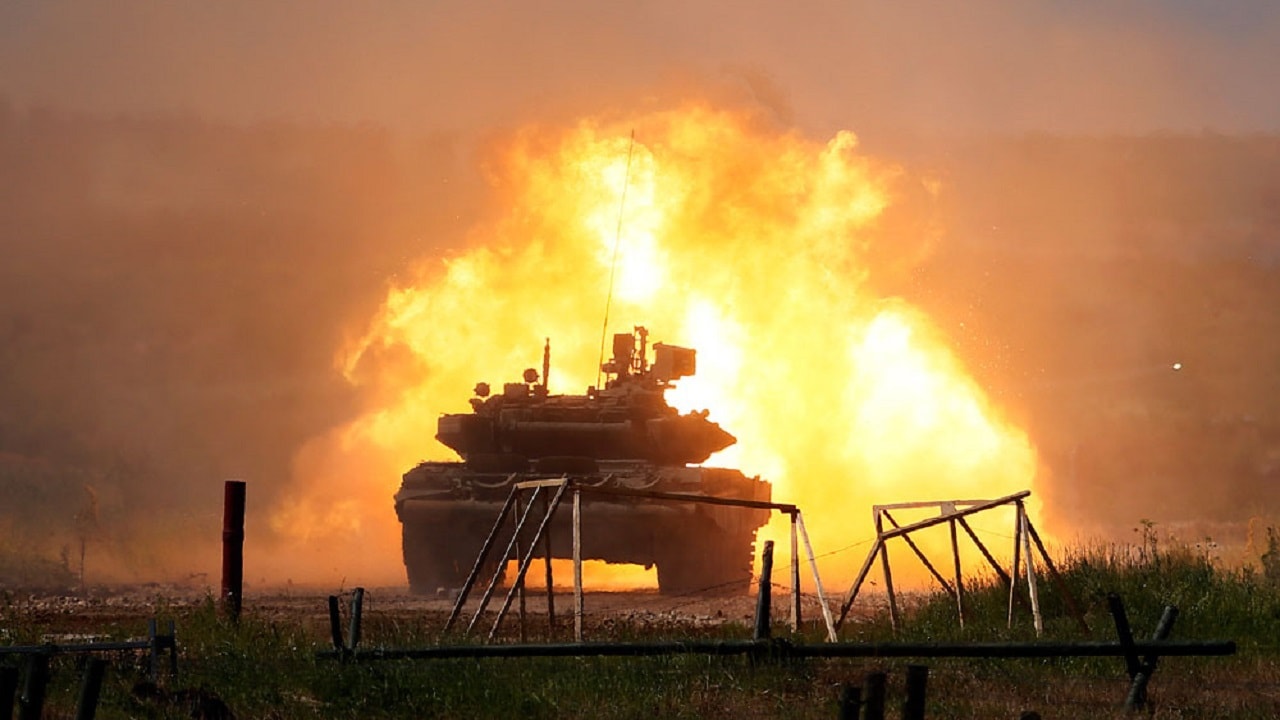The Russian economy appears to be in free fall, in large part because of the Western response to Russia’s actions. Russia’s invasion of Ukraine triggered what is probably the most devastating package of sanctions ever executed against a single country. These have included massive trade sanctions, energy sanctions, financial sanctions, and what we might begin to call “social sanctions.”
How did all of this come together?
The Process
The United States and other Western countries began to prepare a package of sanctions against Russia well before the beginning of the war. Russia telegraphed its intentions regarding Ukraine by pre-positioning armed forces around the country and repeatedly threatening military action. The Biden administration used the threat of sanctions to deter Russia, holding off on execution until the tanks began to roll.
President Biden announced a large package of sanctions as early as Thursday morning, but it was not immediately clear how extensively this package would be supported by US allies in Europe. As the days went on, however, it became evident that the Europeans were as alarmed as the Americans by Russian actions, and both the EU and member governments started to move. Germany played a critical role in this, ending the certification process for the Nord Stream 2 pipeline.
Why did the rollout take so long, given the time for prep? The first answer is when considered as a massive action of multilateral economic statecraft, it didn’t take long at all. The sanctions package is the economic and financial equivalent of a shock and awe campaign, and the fact that it came together in only a few days is in itself shocking.
The second answer is that the sanctions are themselves enormously complex, and the process of getting a multilateral agreement is also enormously complex. Washington made clear that it wanted an aggressive, all-encompassing sanctions package, but it needed Europe on board. The US conducts relatively little direct trade with Russia, but European countries conduct a lot. Thus, the pain of sanctions would be felt not only in Russia but also in Europe. Getting the Europeans on board politically didn’t take that much convincing, but the devil is always in the details. The Biden administration did not have the capacity to bring every chief of government to Washington in order to work through the details in a conference, and even if it could every leader would have had to consult with his or her government.
Indeed, because the sanctions cross the boundary between trade and finance (most countries around the world have separate ministries for trade, finance, and foreign relations), the process of even getting a single government to agree to sanctions is incredibly complex. Every trade minister in Europe has a series of cutouts that s/he wants because its important to economic prosperity, just as every finance minister wants to protect investment in some corner of their banking sector. In Europe, these ministers often even come from different political parties, making the process even more complicated.
The Impact
The sanctions thus far have had a devastating impact on the Russian economy. The Russian stock market has collapsed and is now closed. The ruble has crashed. Interest rates are soaring. In the past several years Russia tried to insulate itself from this kind of attack, but it is simply impossible for a country to import and export significant amounts of goods and commodities without being tied up in the global financial system. Russia’s financial reserves as depleting rapidly and even its ability to access those reserves has been sharply curtailed. Sharp increases in energy prices help Russia, but only if Russia can actually get products to market. Fears of sanctions have caused transportation and shipping companies to scatter when Russia comes calling.
It is not clear how well Russia can rebound from this. China can help, but it is dangerous for China to do so and in any case, there’s only so much assistance that China can lend; Russia still needs to trade with other countries. One estimate suggests that Russia’s economy could contract by 7% this year from sanctions alone; if Russia’s military operations in Ukraine continue to stall, the damage could be even more devastating.

Russian President Putin. Image Credit: Creative Commons.
The Future
As Dan Drezner has pointed out, it’s not obvious how all of this ends. It’s much easier to gear sanctions up than to take them away, presuming that the Russian government does not undergo any substantial change over the rest of the year. Russia will eventually develop workarounds for many of the trade and financial sanctions, but it will continue to suffer severe constraints on its economic growth. It’s worth noting that Russia has experienced this before; the years after the Bolshevik Revolution saw the USSR profoundly isolated on the international stage. However, the Russia of 1919 was not as dependent on international society as the Russia of today. Moreover, it’s not clear that this Russian government will ever escape the social stigma of having launched this war.
Now a 1945 Contributing Editor, Dr. Robert Farley is a Senior Lecturer at the Patterson School at the University of Kentucky. Dr. Farley is the author of Grounded: The Case for Abolishing the United States Air Force (University Press of Kentucky, 2014), the Battleship Book (Wildside, 2016), and Patents for Power: Intellectual Property Law and the Diffusion of Military Technology (University of Chicago, 2020).

